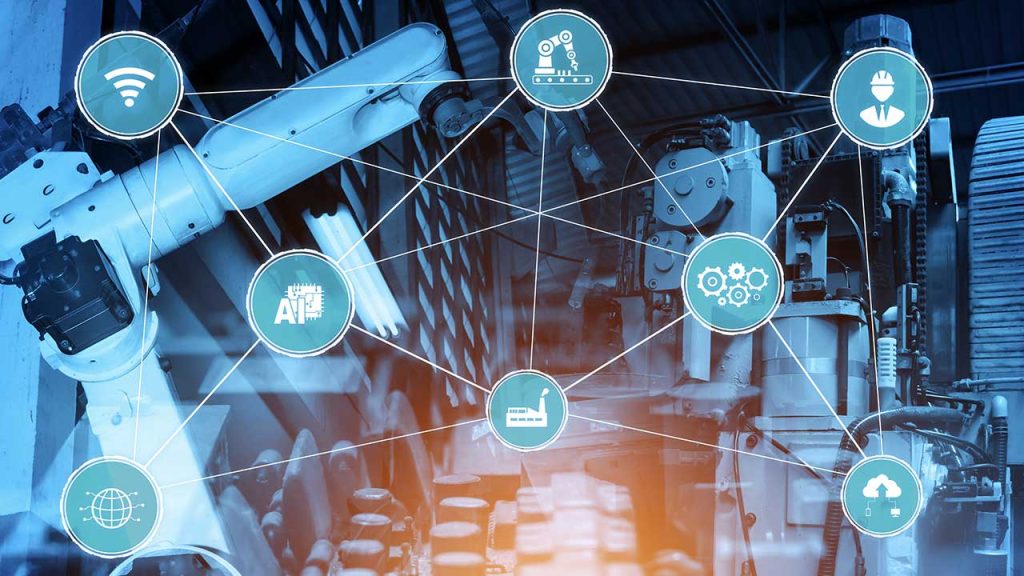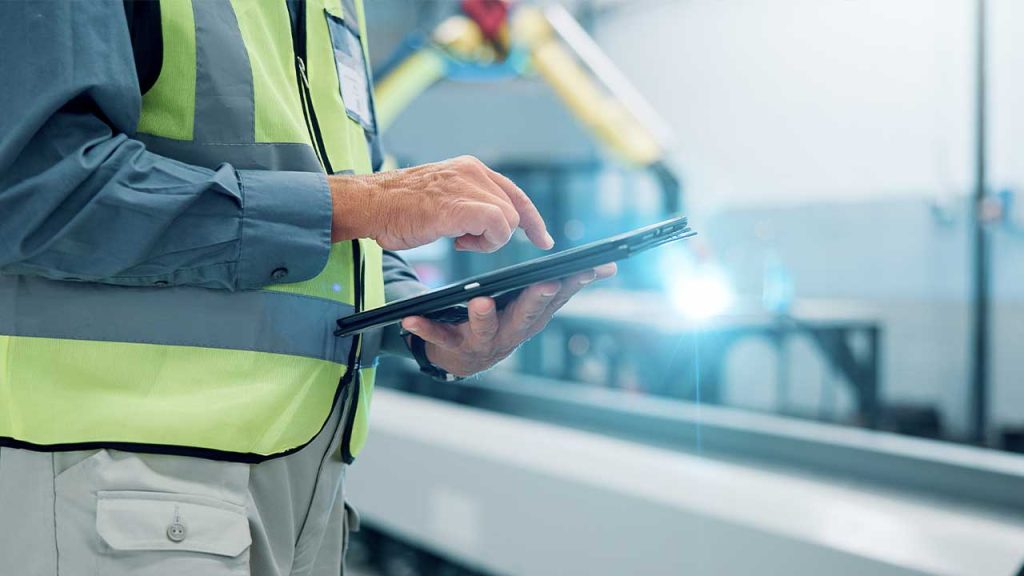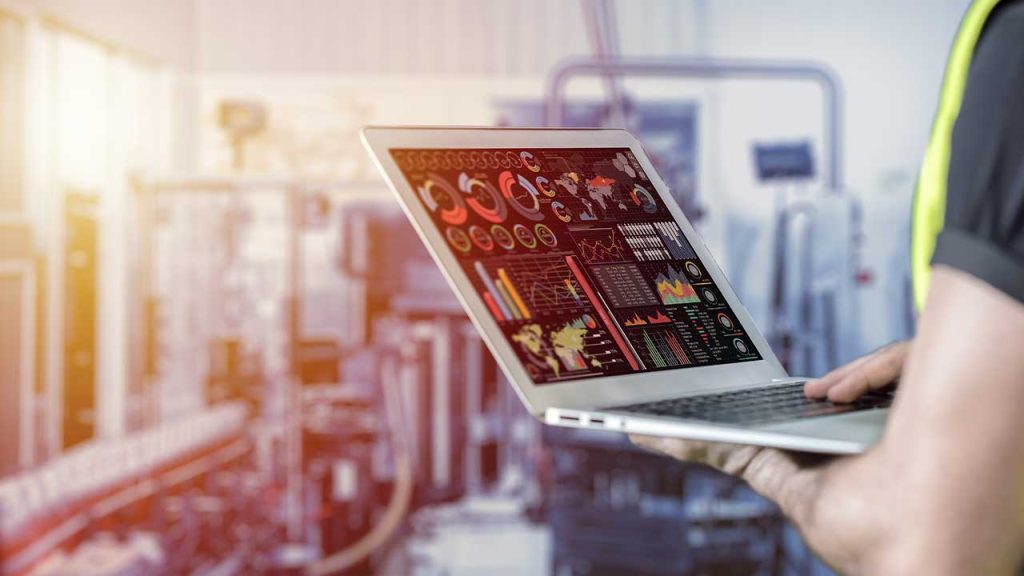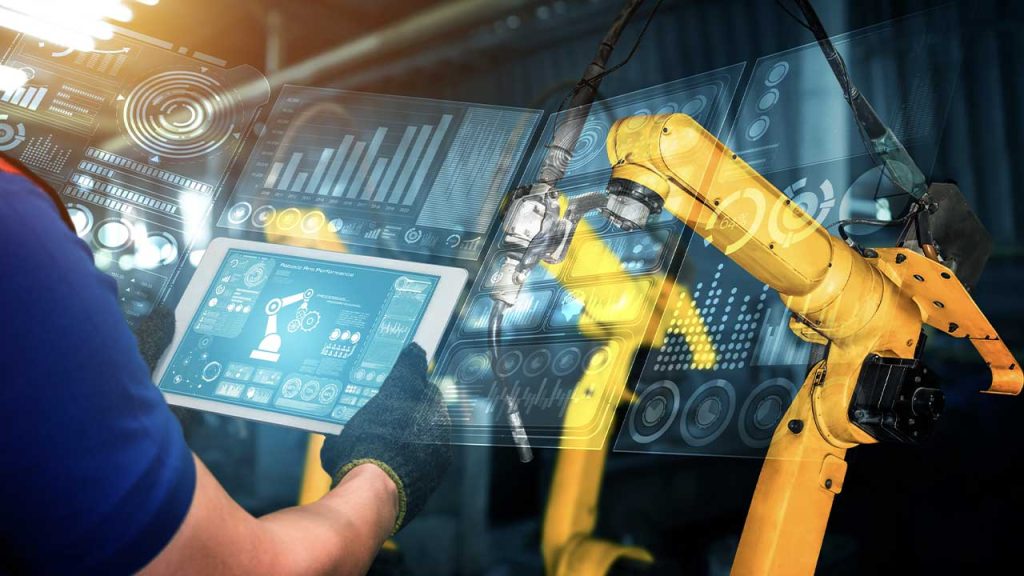In a few short years, the most visible change inside industrial plants won’t be new machinery—it will be silence. No more scribbled shift logs, no frantic data reconciliation between operators, and no confusion over what happened last night. By 2028, AI-driven plants will explain themselves.
From Data Entry to Data Fluency
At the Honeywell User Group in The Hague, Claudia Chandra, Chief Product Officer at Honeywell, and Chris Huff, CEO of Adlib, described a turning point in manufacturing: a move from data entry to data fluency. The next generation of operators won’t be buried in dashboards—they’ll be asking their systems questions in natural language and getting instant, contextual answers. AI will summarize shift notes, generate logs automatically, and even recommend corrective actions in real time.
As Chandra noted, today’s process control systems can only adapt within strict boundaries defined by engineering models. But when AI and machine learning merge with those first principles, the plant gains judgment. It can learn from past patterns and adjust to new conditions without waiting for human recalibration.
The Disappearance of the “Go/No-Go” Debate
Chris Huff pointed out one of the most overlooked inefficiencies in modern manufacturing—the “go/no-go” decision. At the start of each shift, operators lose valuable time interpreting handwritten notes, inconsistent data, and half-finished reports. When that knowledge is digitized, translated, and merged with live sensor data, the line doesn’t wait. Decisions happen instantly and consistently, removing a hidden bottleneck that costs hours per week across plants worldwide.
In his words, “If the scribbles from an eight-hour shift can be translated into machine-readable insights, you can standardize the formats and get to a decision much sooner.” It’s not flashy—but it’s transformative.
Humans Stay, Repetition Goes
Both speakers agreed the biggest barrier isn’t technology—it’s the way organizations think about work. “AI is ready,” Chris Huff said. “What’s missing is change management.” Plants must redesign workflows around collaboration between human intuition and machine precision. Workers won’t need to become data scientists, but they will need to become data fluent—able to interpret AI-driven insights and act on them confidently.
AI’s real role isn’t to replace people—it’s to remove repetition. By taking over the transactional side of work, it frees up engineers and operators to focus on analysis, optimization, and innovation.
2028: When the Plant Thinks, Explains, and Learns
By 2028, control room operators will be conversational analysts. Reliability engineers will spend less time crunching numbers and more time running scenarios. Knowledge won’t be scattered across emails and handwritten notes—it will live, searchable, in a unified system that learns continuously.
And when something goes wrong, the plant won’t just raise an alert—it will tell you why and what to do next.
As Huff summarized, “AI won’t replace an employee. But an employee using AI will replace one who isn’t.”
That’s not hype, that’s 2028.
This article was written based on a video interview at the Honeywell User Group in The Hague, with Claudia Chandra, Chief Product Officer at Honeywell, and Chris Huff, CEO of Adlib.
Sponsored by Adlib. Travel to the event was supported by Honeywell.



